Dodd's Gin
Dodd’s Gin is something discernibly different in a crowded market place, not just another gin. It’s the perfect example of a team producing something that’s both good & different and in doing so, The London Distillery Company really showcases the difference between cashing in on a category and adding to it.

It’s worth noting the distillery’s strong eco-credentials. The botanicals and base spirit are 100% organic and approved by the Soil Association. Not to mention the honey is collected from local urban brothers, the London Honey Company and heat energy from distillation is recovered and reused too. The greenness of Dodd’s has even seeped into the branding, labels are printed on carbon neutral paper made solely using wind power. The company have also promised to plant two trees for every one cask used and grain remnants are given to local bakeries. Future plans to power the distillery from solar power alone is something they are investigating and an underground spring has inspired hope for a continual water supply. It’s an impressive feat and it’s easy to forget just how difficult it is to achieve this as, with any new and large scale ventures, fiscal pressures mount fast and the first compromises are often the ones born from idealist aspirations. It’s fantastic to see a distillery team hold true to their beliefs and see that these measures have been successfully implemented.
Given its individualism and the magnitude of building a new distillery in London, it was essential that their first product distilled on site had a name to match the scale of their ambition.
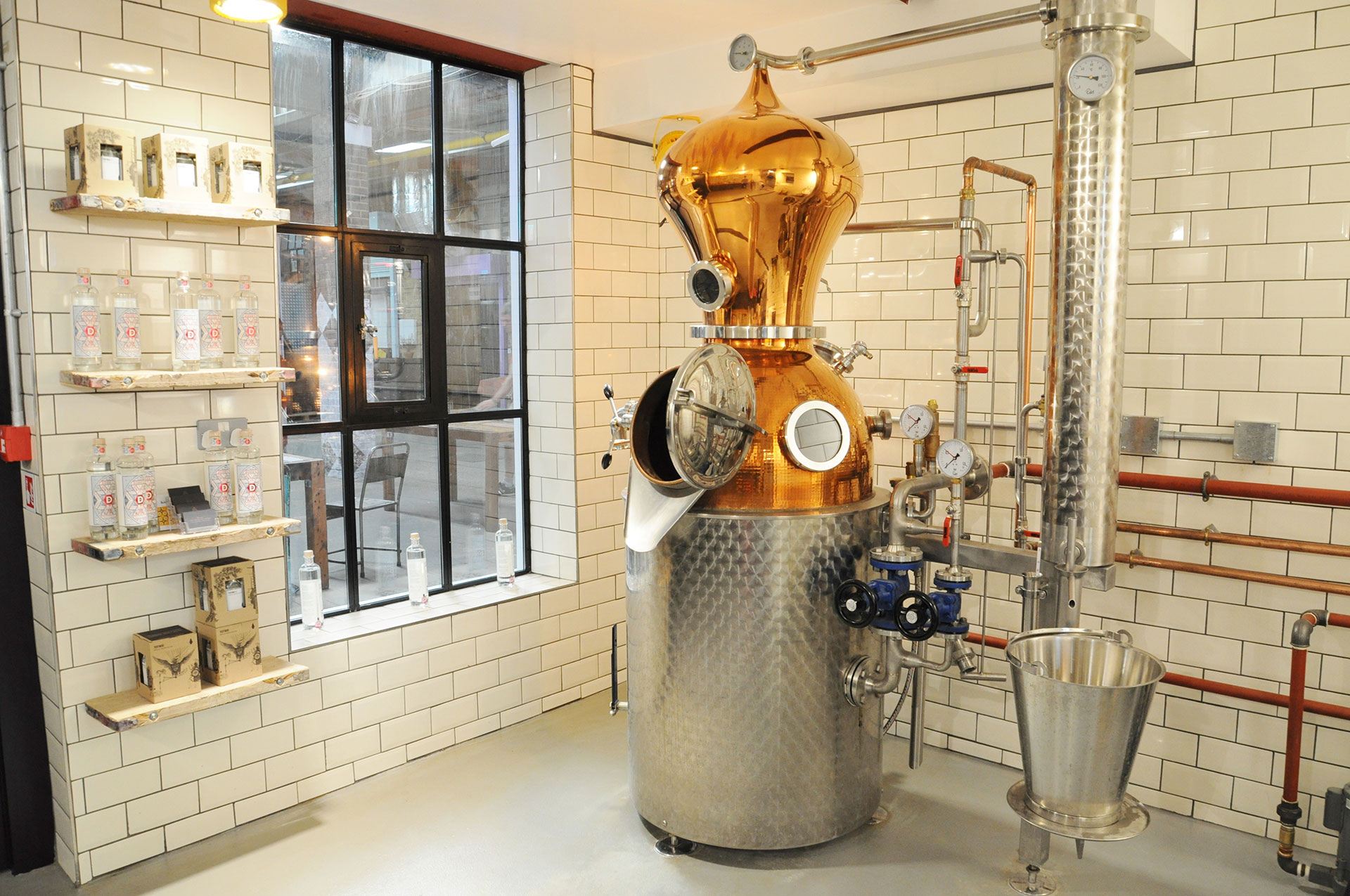
They chose to name their gin after Ralph Dodd, whose story heralds from the 1800’s when he first raised capital to set up The London Distillery Company. Darren Rook stumbled upon Dodd’s stories while researching into the history of London’s lost distilleries. Given they shared the same distillery name, Darren came across Ralph rather quickly but it was after many weeks of research than his full story began to emerge. It is said that Ralph Dodd was known most of all for his failure to create a tunnel under the Thames River and instead chased a dream to produce a better gin spirit for London. However chasing is all he managed, as he sadly failed to register the shares correctly and lost the legal case that ensued in 1802. It should be said that this man is not a failure, but rather had ideas ahead of his time. In 2013 it was decided that the gin would bear his name and it was then that a man, renowned as a failure, would have his dreams realised over 200 years later.
The London Distillery Company is housed in the old milk store known as The Cold Room, formerly the Victorian Dairy, in Battersea, where the still sits proudly on display. Neutral spirit is infused with eight botanicals namely juniper berries, angelica root, fresh lime peel, bay laurel, green cardamom, black cardamom, red raspberry leaf and honey from The London Honey Company. The process begins with the more generous share of the botanicals being steeped and distilled in Christina, a traditional 140 Litre capacity copper alembic pot still, with fragile botanicals being distilled via cold vacuum instead, in a rota-vap called ‘Little Albion’. These two distillates are later blended for several weeks before being bottled at 49.9% ABV and hand-labelled. Dodd’s Gin is now complete.
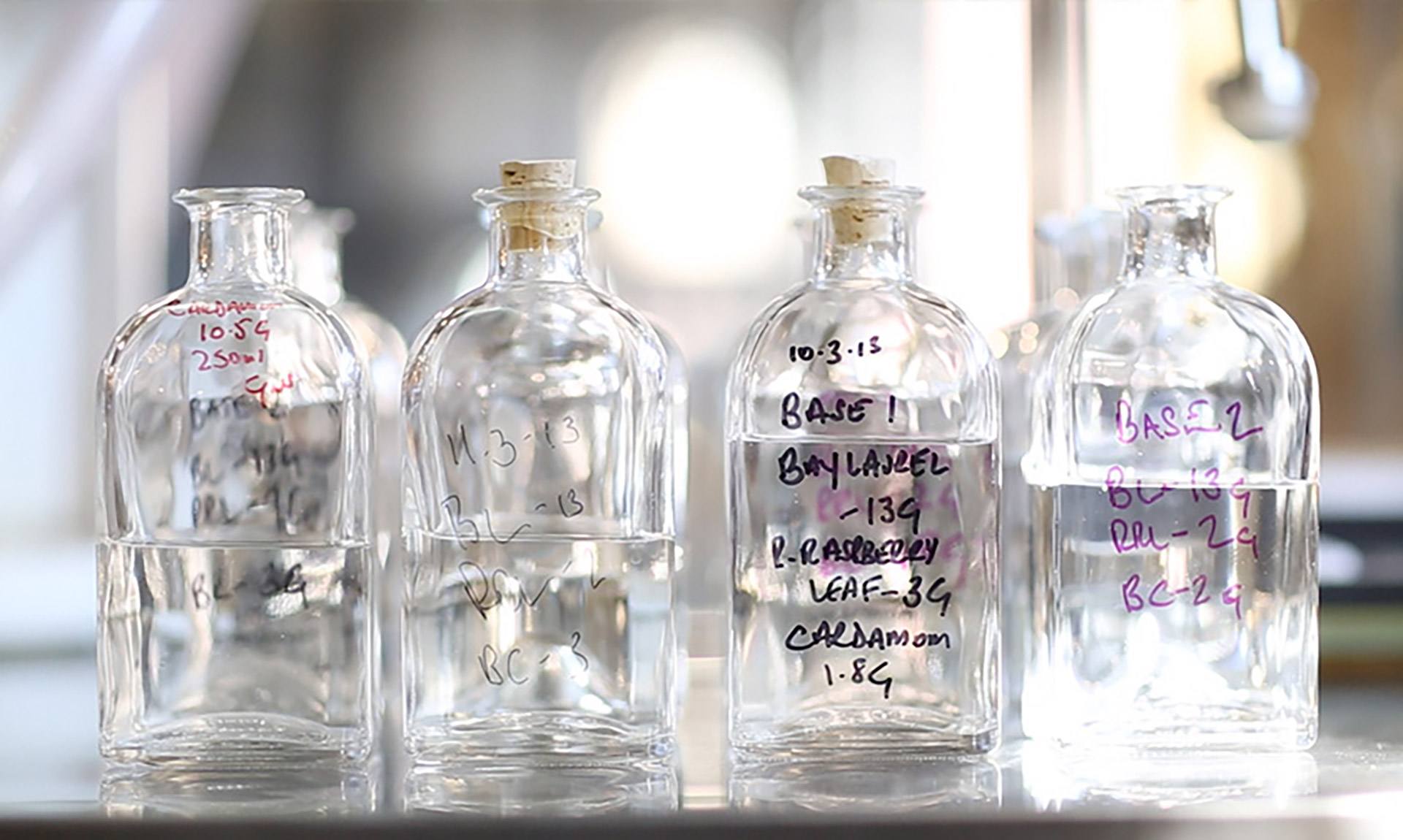
Fractional distillation is not unique to Dodd’s Gin, with many distillers using rota-vaps opting for the same distilling and blending methods. On a larger scale, Hendrick’s Gin do the same, combining the distillates from their two separate stills. The key thing to note for all those who choose to do this is that it’s about quality. It’s just not possible to distil certain things at certain temperatures. In the case of bay laurel, black cardamom and red raspberry leaf it would either be lost in the overall mix, over heat during the distillation and loose some of the more delicate elements etc.. Under vacuum in a small glass jar, it’s easier to control and, crucially, replicate the results time and time again to achieve a consistent product.
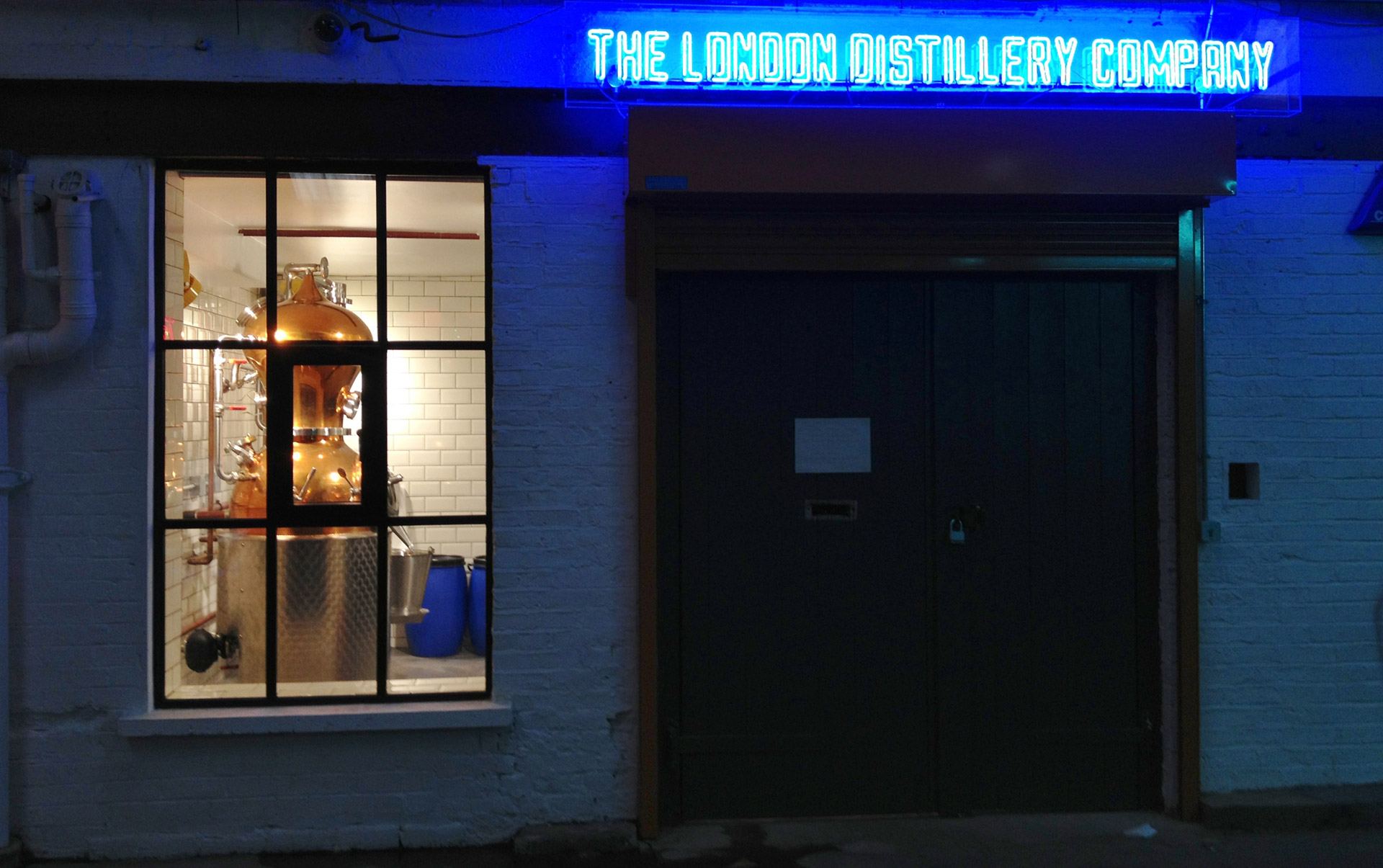
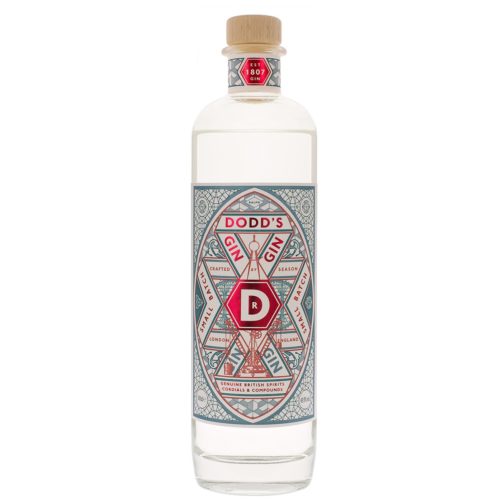
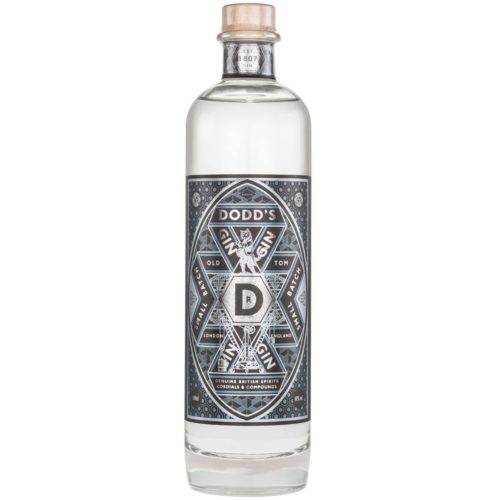

 Privacy Policy - your information will never be shared
Privacy Policy - your information will never be shared